JAJS238N January 2007 – June 2024
PRODUCTION DATA
- 1
- 1 特長
- 2 アプリケーション
- 3 概要
- 4 Pin Configuration and Functions
- 5 Specifications
- 6 Detailed Description
- 7 Application and Implementation
- 8 Device and Documentation Support
- 9 Revision History
- 10Mechanical, Packaging, and Orderable Information
パッケージ・オプション
メカニカル・データ(パッケージ|ピン)
サーマルパッド・メカニカル・データ
発注情報
5.6 Typical Characteristics: IOUT = 50 mA
at TJ = 25°C, VIN = VOUT(nom) + 0.3 V, VBIAS = 5 V, IOUT = 50 mA, VEN = VIN, CIN = 1 μF, CBIAS = 4.7 μF, and COUT = 10 μF (unless otherwise noted)
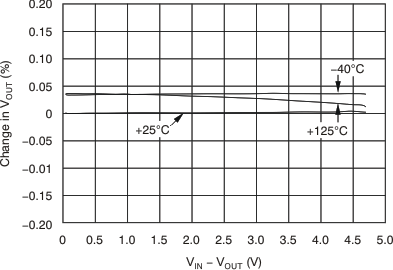
| Legacy chip |
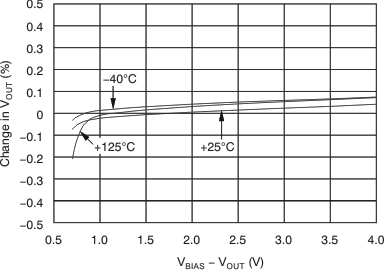
| Legacy chip |
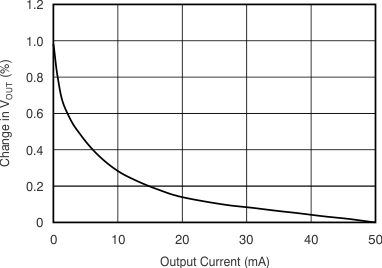
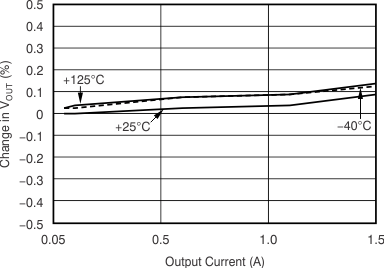
| Legacy chip |
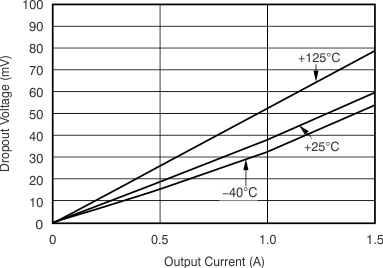
| Legacy chip |
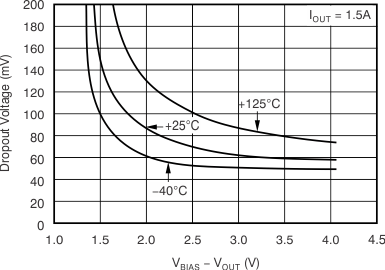
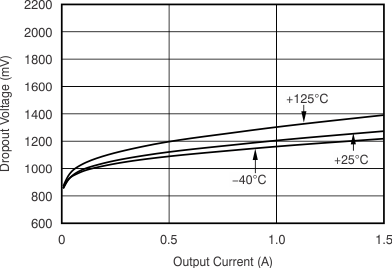
| Legacy chip |
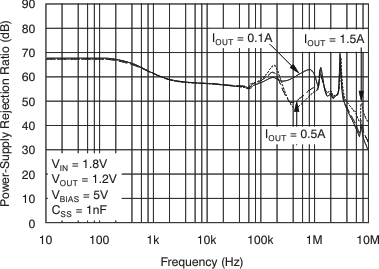
| Legacy chip |
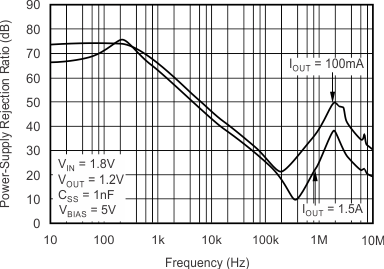
| Legacy chip |
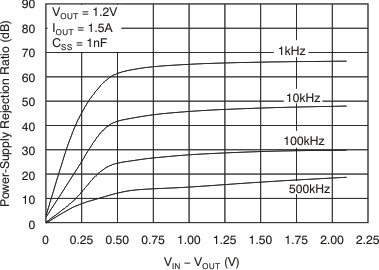
| Legacy chip |
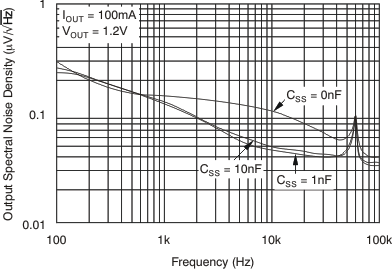
| Legacy chip |
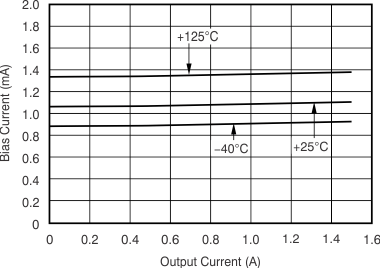
| Legacy chip |
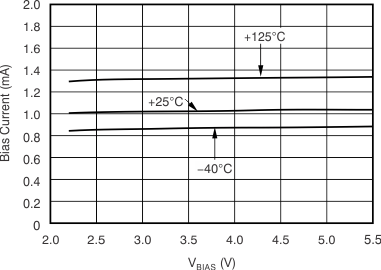
| Legacy chip |
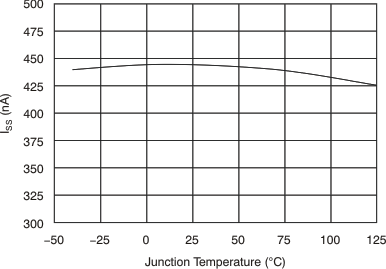
| Legacy chip |
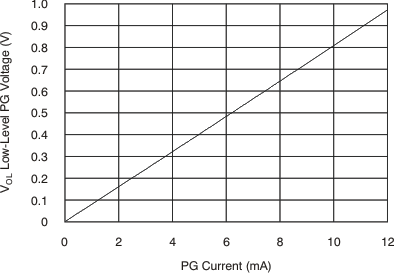
| Legacy chip |
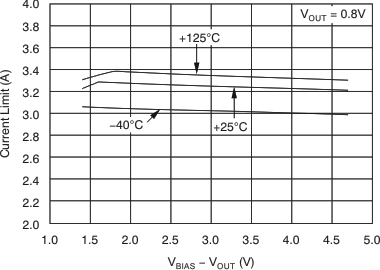
| Legacy chip |
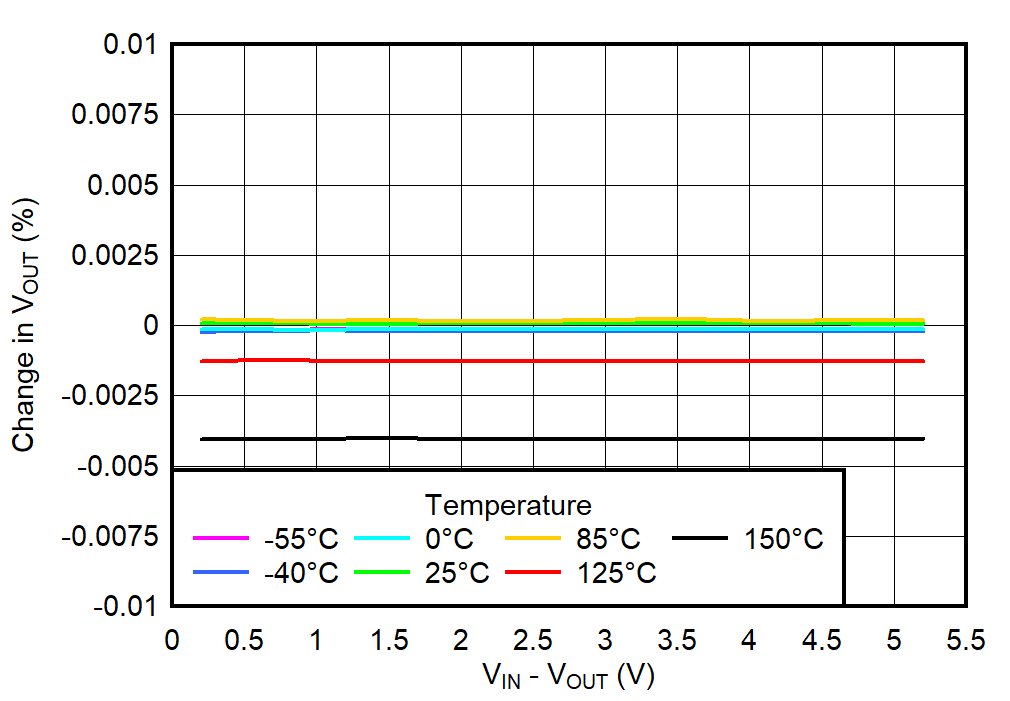
| New chip |
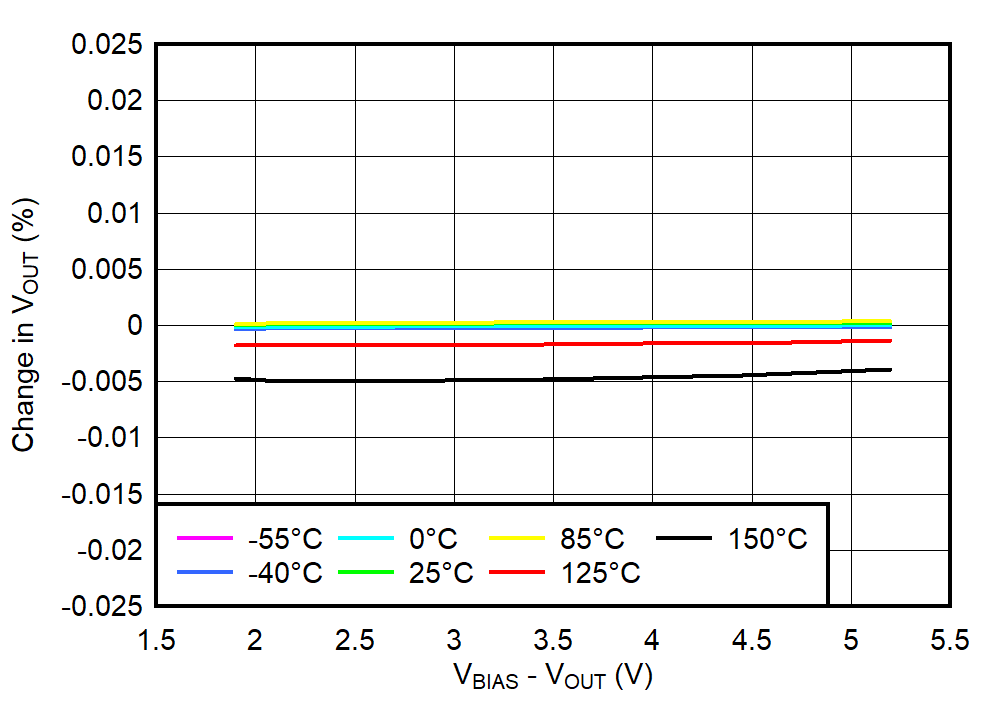
| New chip |
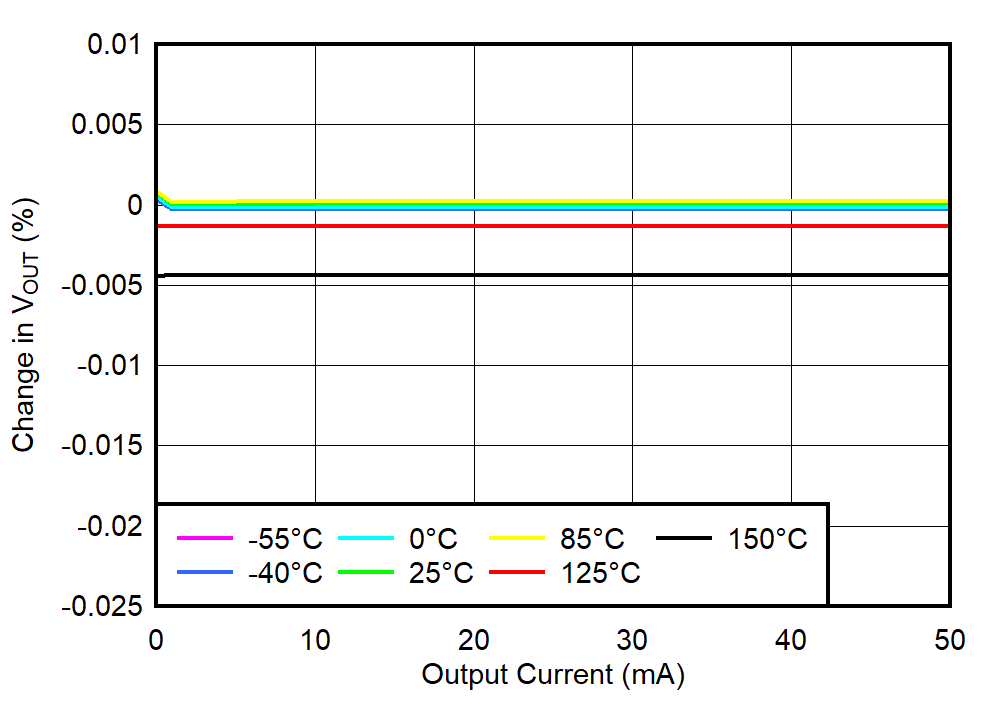
| New chip |
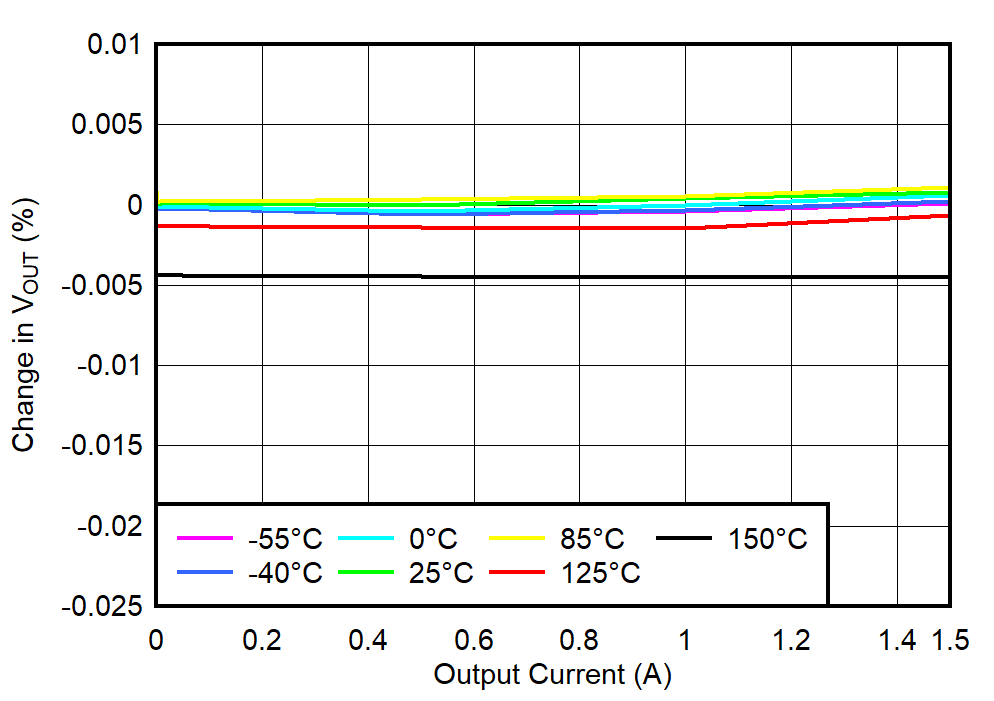
| New chip |
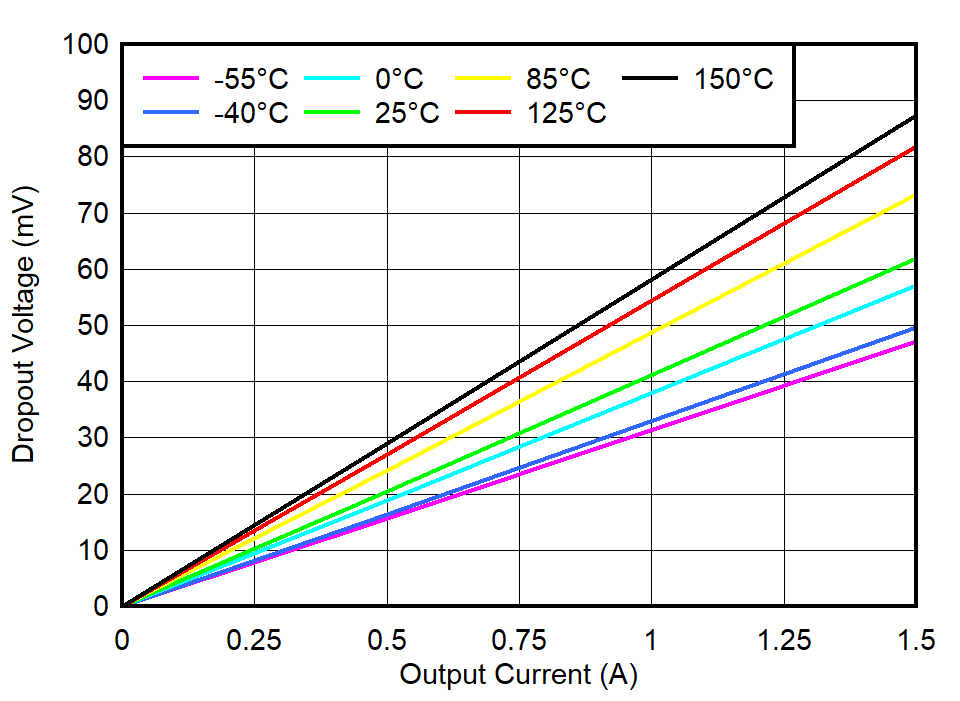
| New chip |
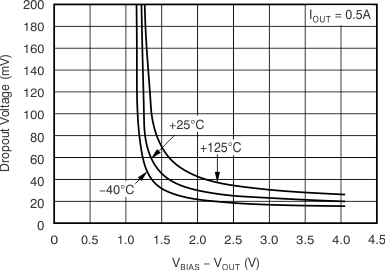
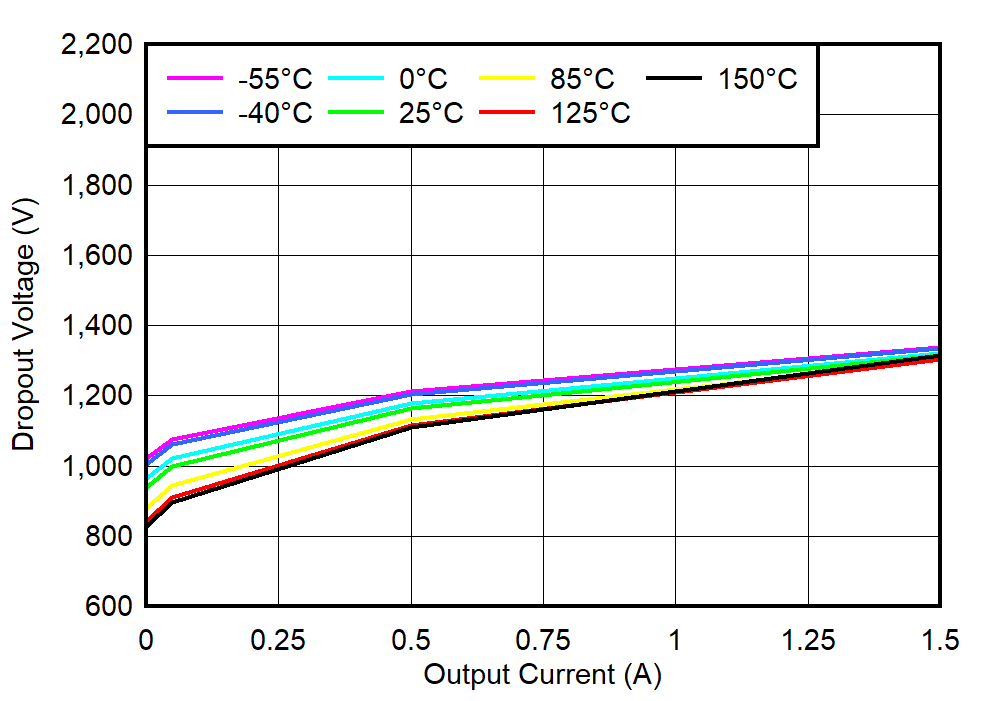
| New chip |
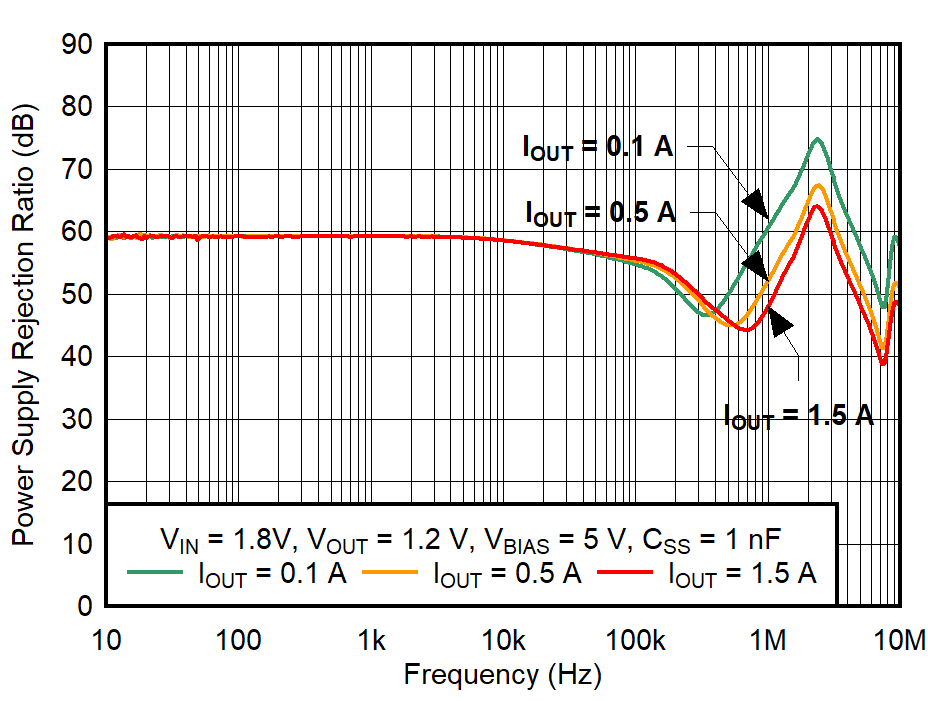
| New chip |
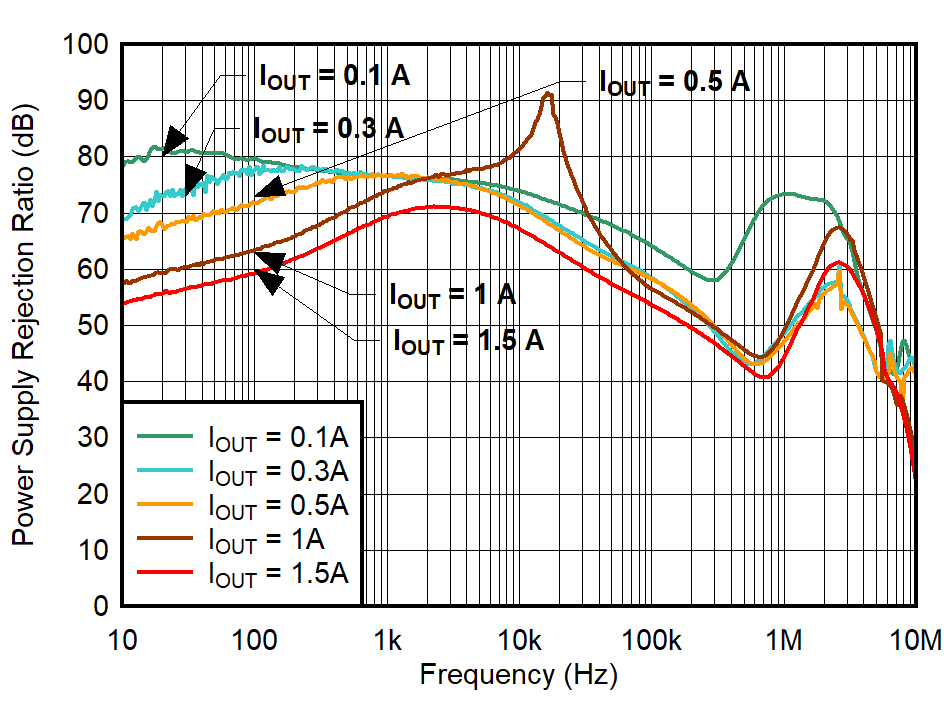
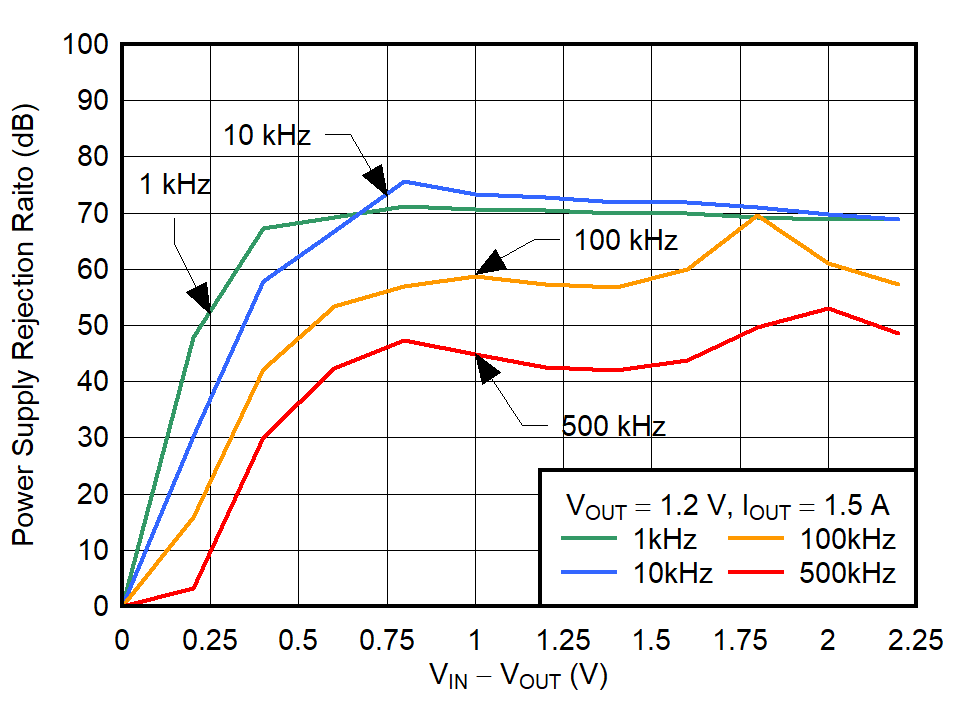
| New chip |
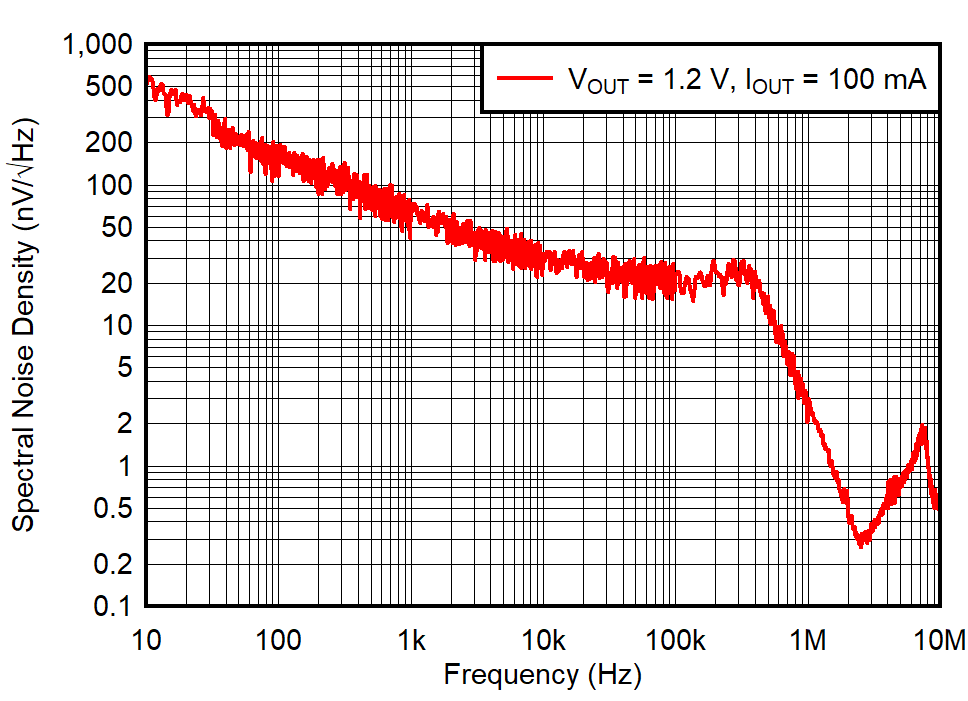
| New chip |
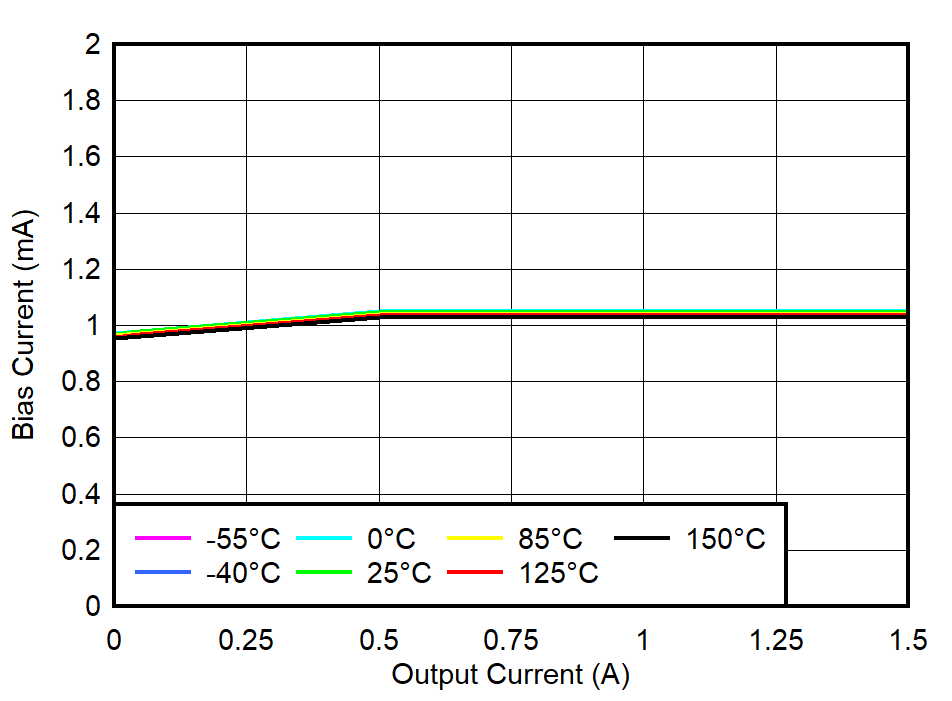
| New chip |
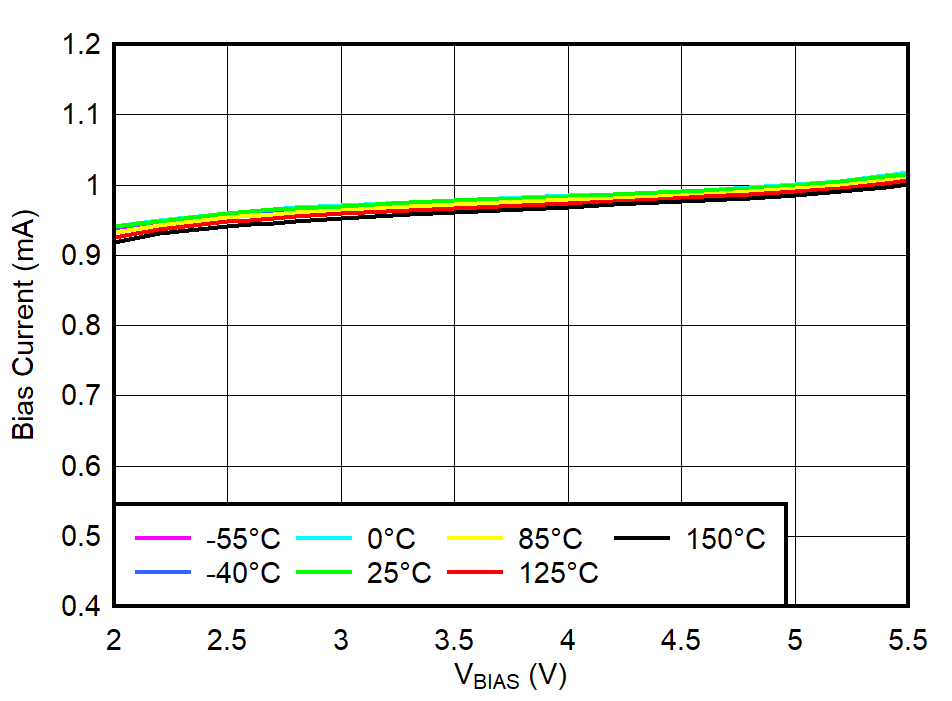
| New chip |
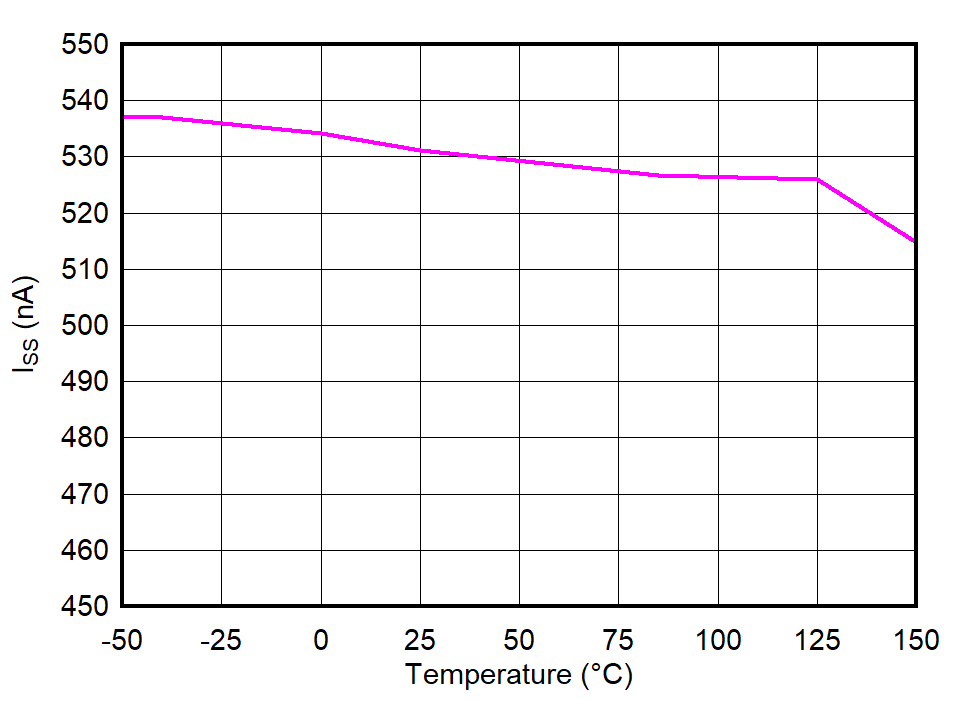
| New chip |
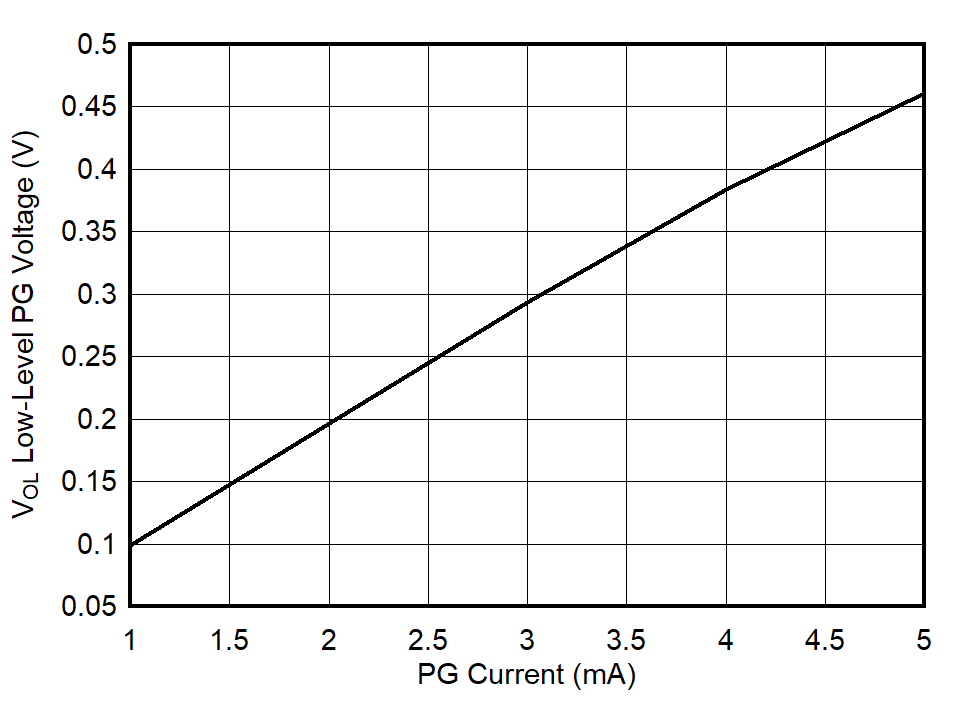
| New chip |
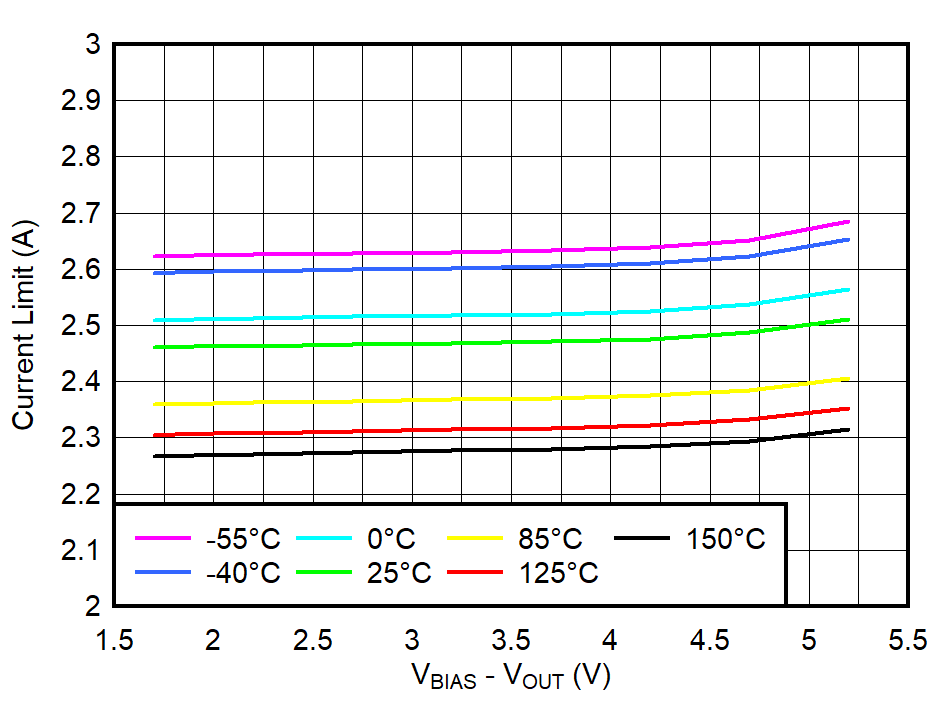
| New chip |